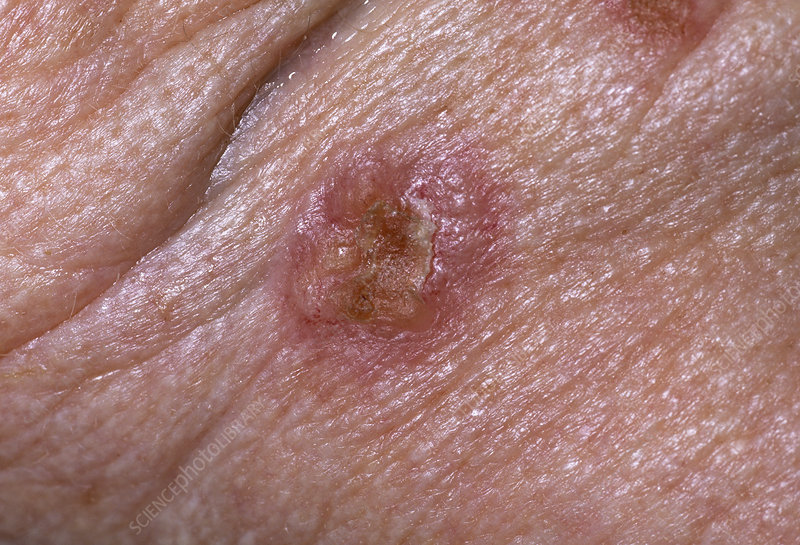

Session 19 on Dermatologic Cancer
Dermatologic cancer, also known as skin cancer, is a type of cancer that affects the skin. It is one of the most common types of cancer, with over a million cases diagnosed each year in the United States alone.
There are three main types of skin cancer: basal cell carcinoma, squamous cell carcinoma, and melanoma. Basal cell carcinoma and squamous cell carcinoma are the most common types and are typically caused by exposure to ultraviolet (UV) radiation from the sun or tanning beds. Melanoma is a less common but more dangerous type of skin cancer that can spread to other parts of the body if not detected and treated early.
The diagnosis of dermatologic cancer typically involves a skin biopsy, where a sample of skin tissue is taken and examined under a microscope for signs of cancer. Treatment for dermatologic cancer varies depending on the type, stage, and location of the cancer, but may include surgery, radiotherapy, chemotherapy, and immunotherapy.
Prevention of skin cancer involves protecting the skin from exposure to UV radiation by wearing protective clothing, using sunscreen with a high SPF, and avoiding tanning beds. Early detection and treatment are also important for improving outcomes for patients with skin cancer.
Sub Tracks: